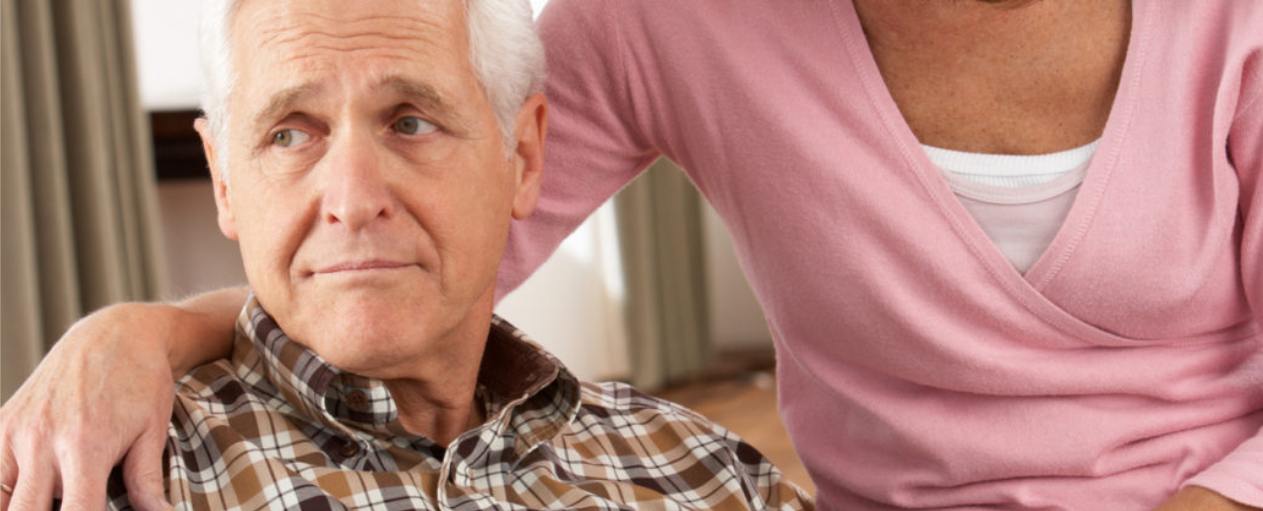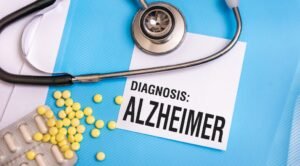Major Depressive Disorder Overview:
Major Depressive Disorder is the most commonly diagnosed mental health disorder among adults in the United States. Some studies have found lifetime prevalence rates for men at 9% – 12% and about 20% to 25% for women. According to the American Psychiatric Association, point prevalence rates (the amount of the general population who may have this diagnosis at any given point in time) are 3% for men and 6% for women. These rates have been found to be relatively consistent throughout the lives of both women and men.
The effects of Major Depressive Disorder:
Depression is known to have severe individual and societal effects. Individual suffering includes the emotional aspects of sadness, fatigue, and impaired physical and psychological functioning which may undermine every aspect of an individual’s personal and professional life. Societal burdens are also imposed as individuals have increased utilization of social and medical services and may incur enormous financial expenses for treatment and have a severe impact upon an individual’s productivity at work, school and social responsibilities.
How do I know if I have Major Depressive Disorder?
In order to receive a diagnosis of Major Depressive Disorder you must experience a significant feeling of personal distress and have a reduction in functioning in your normal activities of daily living. Also, the two weeks prior to an assessment by a mental health clinician, you must experience on a relatively daily basis a feeling of low mood (tearful, empty, sad) and/or a significant reduced interest in your normal activities and interests.
The diagnostic manual used by psychologists, psychiatrists and other treatment professionals is the DSM-5 (Diagnostic and Statistical Manual of Mental Disorders) published by the American Psychiatric Association in 2013. According to the DSM-5 Major Depressive Disorder “represents the classic condition in this group of disorders. It is characterized by discrete episodes of at least two weeks duration (although most episodes last considerably longer) involving clear-cut changes in affect, cognition, and neurogenerative functions and an inter-episode remissions”. This depressive disorder can be diagnosed after only one episode but is usually recurrent in nature. An important consideration is to separate normal reactions to life experiences such as sadness after loss from a Major Depressive episode. Grief after loss may entail significant suffering but doesn’t necessarily indicate Major Depressive Disorder. When both are experienced simultaneously, the depressive episode seems to be more severe than if it were not occurring at the same time. Grief related depression usually seems to occur in individuals with some vulnerability to depression and treatment may include psychotherapy or antidepressant medication or a combination of both. For more specific criteria to determine whether you have major depressive disorder please see the specific criteria on this website.
In general, some of the main symptoms of major depressive disorder include significant weight loss, insomnia or hypersomnia, psychomotor agitation or retardation, fatigue or loss of energy, feelings of worthlessness or excessive or inappropriate guilt, decreased concentration or indecisiveness, and/or suicidal ideation, plans, or attempts.
Major Depressive Disorder treatment:
There have been major improvements in treatment for depression over the last three or four decades. Some of the current treatments now include somatic interventions which include antidepressant medications and electroconvulsive shock treatment (ECT), as well as a number of psychological treatments such as cognitive behavioral therapy, behavioral therapy and interpersonal psychotherapy. The treatments discussed on this website will only include treatments that have had at least two comparative outcome trials with patients between the ages of 18 and 65 years old. Psychological treatments for Major Depressive Disorder have been studied extensively and have been found to have approximately the same level of effectiveness as antidepressants, although they are frequently combined at times for more efficacious treatment.
By Paul Susic Ph.D. Licensed Psychologist
See Related:
Depressive Disorders and Related DSM-5 Diagnostic Codes
What are the depression medications and how do they work?





PSYCH TALK